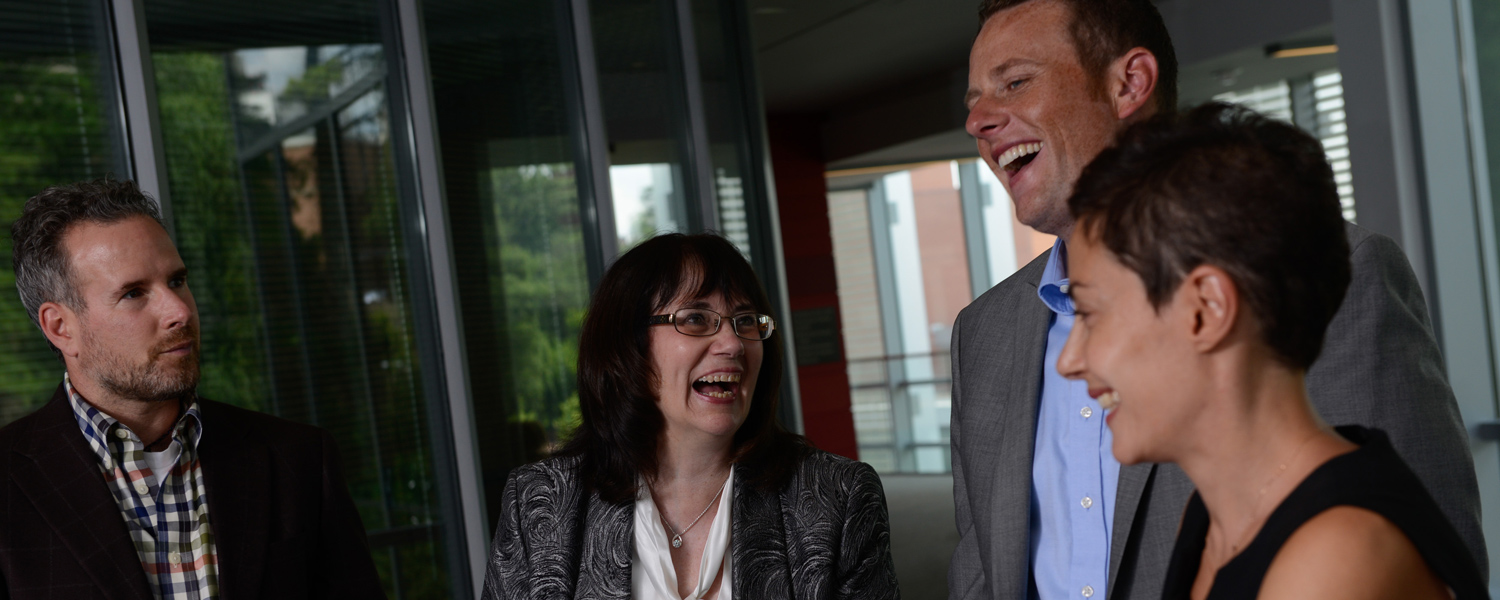
Defining the Keys to Success –– Throughout the Business Lifecycle
As a current business owner who has a range of experience in entrepreneurship, NC State associate professor Jeffrey Pollack knows that to be successful, an entrepreneur most of all needs funding to get started and, of course, customers. Both hinge on the ability to build relationships based on trust.
Pollack, who has taught since 2014 in the NC State Poole College of Management Department of Management, Innovation and Entrepreneurship, studies the determinants of entrepreneurial performance, focusing on the challenges business owners face and how they overcome the challenges. His research perspective has been shaped by his experience working at small, family-owned firms, and buying, selling and investing in businesses. He currently is a co-owner of Go-Maps, a GPS mapping company.
#19 Best Undergraduate Program for Entrepreneurs
“Owning a business is not easy. My motivation is the desire to enable entrepreneurs to get clients and funding more effectively and efficiently,” says Pollack, who was named as a 2017-18 NC State University Faculty Scholar, established in 2012 by NC State Chancellor Randy Woodson to recognize and reward emerging academic leaders among the faculty. This recognition comes on the heels of several notable research awards in recent years. His research, published widely in academic journals, focuses on entrepreneurial networking and ways to fund new business ventures, whether with a bank loan, a credit card, using one’s own funds or through other means. He is an editor at Entrepreneurship Theory and Practice and associate editor of the Journal of Business Venturing Insights.
“What my research does that is unique is focus on the interpersonal side of entrepreneurship. We often hear stories about a company or stories about a block of customers or stories about a venture capitalist. But I focus on the understanding that, at the end of the day, to be a successful entrepreneur means sitting in front of a person,” Pollack says, “and convincing that person to support you in some way. I look at entrepreneurship as basically a one-on-one relationship, and that sometimes gets lost in the big picture that is presented in the popular press and the academic literature.”
Pollack’s approach in his research is to survey entrepreneurs either online or in face-to-face interviews. To find appropriate participants for studies, he works with the NC State Entrepreneurship Clinic and chooses other entrepreneurs to survey through organizations such as Business Network International and the research platform Qualtrics that provides panels of participants for studies.
 Jeffrey Pollack, associate professor, management, innovation and entrepreneurship
Jeffrey Pollack, associate professor, management, innovation and entrepreneurshipOvercoming “No”
The core of Pollack’s research is studying how entrepreneurs can best respond to inevitable setbacks, some predictable, some not: losing customers, difficulty developing a business concept efficiently, trouble finding funding, for example. Successful business owners learn to adapt, persist and be resilient. “You can respond with a more growth-oriented mindset rather than a fixed mindset,” Pollack says. “From a psychological perspective, it’s realizing that you will hear ‘no’ a lot and preparing for that.”
Successful business owners learn to adapt, persist and be resilient.
Having a supportive social network also can help entrepreneurs deal with “no.”
Some of Pollack’s research looks at entrepreneurial networking — with financiers, suppliers and prospective customers and employees — and how a greater number of social ties and connections can boost success. Strong connections can provide a buffer to business challenges and help entrepreneurs persist.
How they network is important, too. Joining networking groups and getting introduced to potential investors and customers instead of relying on cold-calling can be cheaper and more effective than other forms of marketing. “You actually are introduced to a warm referral,” Pollack says. “To the degree you and I know each other and I need a contact and we have a relationship, you’re more likely to be willing to help me.”
The Value of Self-Awareness
While one-on-one networking helps entrepreneurs understand customers’ needs, it’s equally important for business owners to understand themselves. One of the most important strengths for entrepreneurs can be a challenge for many people to cultivate: self-awareness.
“My research shows that there are many different paths to be successful in entrepreneurship from the psychological perspective. The more insights you have about your own psychological frame of reference, the better you will be able to handle the inevitable challenges that come up,” Pollack says. It’s also crucial to understand “the psychological needs of your target audience: What are their pain points? What do they want or need? What are they willing to pay for?”
The more insights you have about your own psychological frame of reference, the better you will be able to handle the inevitable challenges that come up.
Entrepreneurs must be able to develop relationships with multiple target audiences by creating value for each type of stakeholder: customers, investors and others. That could include determining what a customer wants and how to provide it, creating ways for employees to be fulfilled, or compellingly communicating how a potential investor would benefit from providing financial resources to the venture.
“If entrepreneurs have knowledge that relates to their ability to provide value to this other person, they’re going to be more successful,” Pollack says. “Entrepreneurs have to identify opportunities for value creation.”
His own experience as a business owner and employee at small companies reinforced the importance of creating value for customers and others vital to entrepreneurial success.
Pollack bought and ran a landscaping business with two crews of employees in Virginia, which reinforced to him that “It’s all about sales and getting in front of potential customers and getting them to see the value that you’re providing them,” he says.
He also worked as the head of program development for a small, family-owned company that ran wilderness expeditions and later was a financial adviser. Both roles “taught me that no matter what you do, if you can’t get in front of potential customers and convince them that you can give them something of value, you’re not going to go anywhere,” Pollack says.
The Impact of Teams Across Organizations
Companies with unproductive teams may not go anywhere either. As Pollack studies factors contributing to the success in entrepreneurial organizations, Pollack’s colleague Professor Bradley Kirkman studies the impact of leadership and team effectiveness on organizational success, including innovation. With the face of teamwork — and team members — changing rapidly, he focuses on such trends as virtual, multicultural and global teams.
Unlike pioneering inventors and solopreneurs of past centuries such as Thomas Edison, “In today’s world, most innovation occurs in team settings, not with some individual sitting alone in a lab,” says Kirkman, General (Ret.) H. Hugh Shelton Distinguished Professor of Leadership and Head of the Management, Innovation and Entrepreneurship Department.
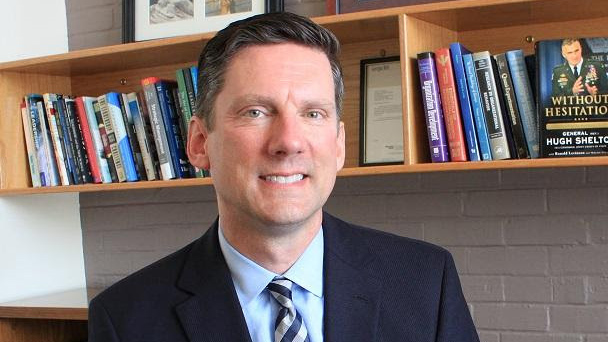 Bradley Kirkman, General (Ret.) H. Hugh Shelton Distinguished Professor of Leadership and head of the management, innovation and entrepreneurship department
Bradley Kirkman, General (Ret.) H. Hugh Shelton Distinguished Professor of Leadership and head of the management, innovation and entrepreneurship departmentAnd many teams today are composed of people from different cultures and parts of the world. An article Kirkman co-authored, “When is traditionalism an asset and when is it a liability for team innovation? A two-study empirical examination,” examines how diverse cultural values affect a team’s ability to innovate. The article was published in August 2017 in the Journal of International Business Studies.
The article examines two different components of innovation: the generation of novel ideas and the implementation of those ideas in companies by teams, with a focus on how traditionalism — preserving old practices and ways of doing things — among team members impacts team innovation. People who place a low value on traditionalism tend to want to push boundaries and use new approaches, while those who embrace traditionalism are more comfortable with what they already know.
His research showed that a team with a high average level of traditionalism “will have a very difficult time generating ideas. The team members will want to hold on to the past and the status quo,” says Kirkman.
When a leader can focus on the right dimension at the right time, that will maximize team performance, and that what our book helps leaders learn how to do
But his research also found that the more differently members of a team valued traditionalism, “the better they are at implementing new ideas,” Kirkman says. “In essence, the average level of traditionalism is more important for generating new ideas while diversity on traditionalism is more important for implementing those new ideas in teams.”
He and his colleagues studied teams from culturally diverse backgrounds in the aerospace industry and also MBA students in a university environment and found the same results in both settings. The findings are important for business leaders in assessing team effectiveness and fostering innovation because a fundamental issue for companies is “how to take this new and novel thing, create value and use it in a way that’s profitable for the organization,” Kirkman says.
He continued his research on teams in the 2017 book he co-authored, “3D Team Leadership: A New Approach for Complex Teams,” a manual for how to lead and be a member of a team on today’s dynamic and fluid teams.
The book guides people in how to lead three different dimensions effectively within a 3-D framework: the team as a whole, individual members within the team and the subteams that form in an overall team. “When a leader can focus on the right dimension at the right time, that will maximize team performance, and that what our book helps leaders learn how to do,” Kirkman says.
One of Kirkman’s aims is to increase awareness of how his research can be applied in business settings. “We need to do a better job of getting what we know from the academic side out to practicing managers. That’s the reason we did the book,” he says. “We’re increasingly trying to close the science-practice gap.”

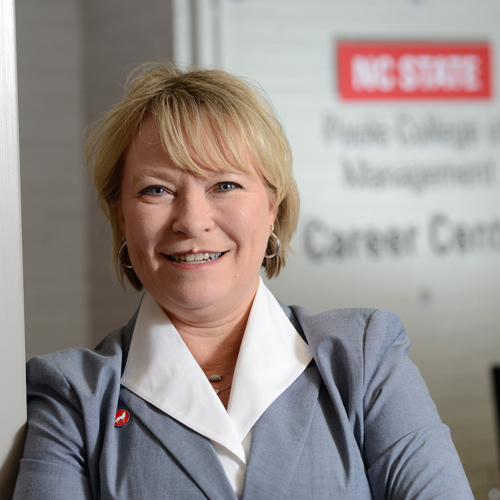




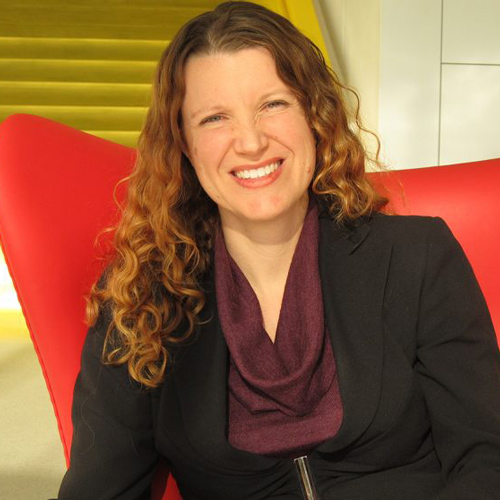
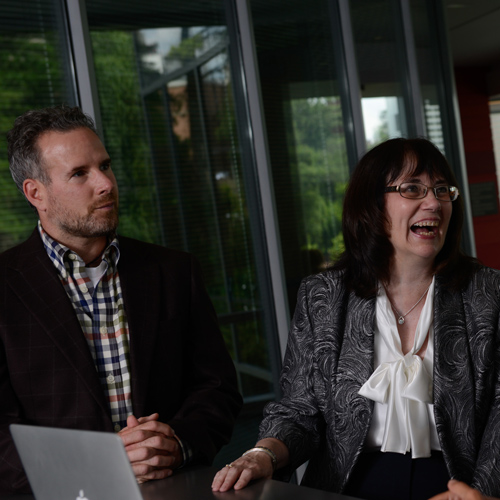





View Comments 0